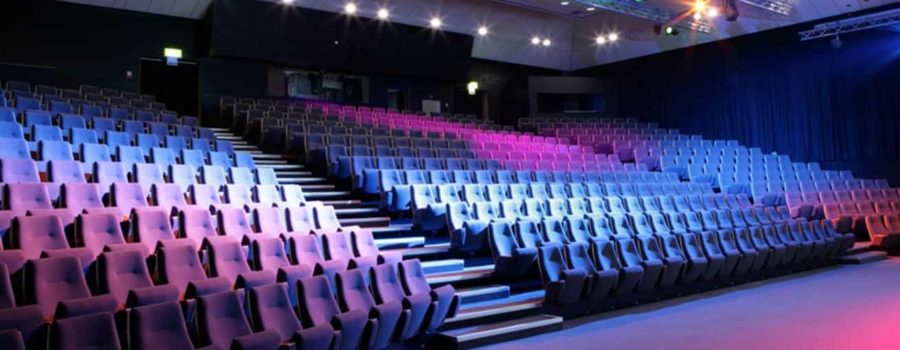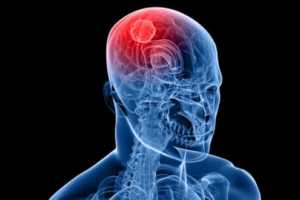How can Neuroscience better inform Neurorehabilitation?
Farshideh and I were very excited to attend the first CarePlus Conference which focused on the latest thinking and findings in neuroscience and aimed to facilitate reflection on how this knowledge may impact our current clinical practise. There was a high calibre of speakers throughout the day, who each gave excellent presentations to illustrate their current research and findings.
Professor Evian Gordon, the Executive Chairman and International CEO of the Brain Resource Company challenged us as health practitioners to think how we approach ‘change’ with our clients and how they as individuals perceive change. Our automatic response to change, is to perceive it as a threat and that fear is processed faster than any other cue. Therefore when trying to implement change an individual will respond with non-conscious pushback. Therefore our role as clinicians is to empower our clients by shifting the ownership of change to the individual, to overcome this automatic response when it is the clinician trying to implement the change.
Alvaro Pascual-Leone, a professor of Neurology at Harvard Medical School, spoke on his current research in the use of transcranial magnetic stimulation. His research aims at understanding the mechanisms that control brain plasticity across the lifespan to be able to modify them for the subject’s optimal behavioural outcome. Professor Pascual-Leone uses non-invasive brain stimulation techniques to modulate brain plasticity, supressing some changes and enhancing others, to gain a clinical benefit and behavioural advantage for a given individual.
Finally Ian Robertson, a professor of Psychology at Trinity College Dublin, spoke of his research on behavioural change in people with impaired brain function. More specifically he reported that the neurotransmitter Noradrenalin is critical to cognitive function due to its role in maintaining; alertness, sustained attention, awareness and increasing our memory capacity. Following this, he found increasing the arousal of stroke patients, resulted in a marked improvement in their level of neglect.
The CarePlus conference provided a fantastic overview of current research by leading Neurologists and Neuropsychiatrists and gave opportunity for those who attended to question the speakers and thus link their teaching to specific cases and clinical practise.




